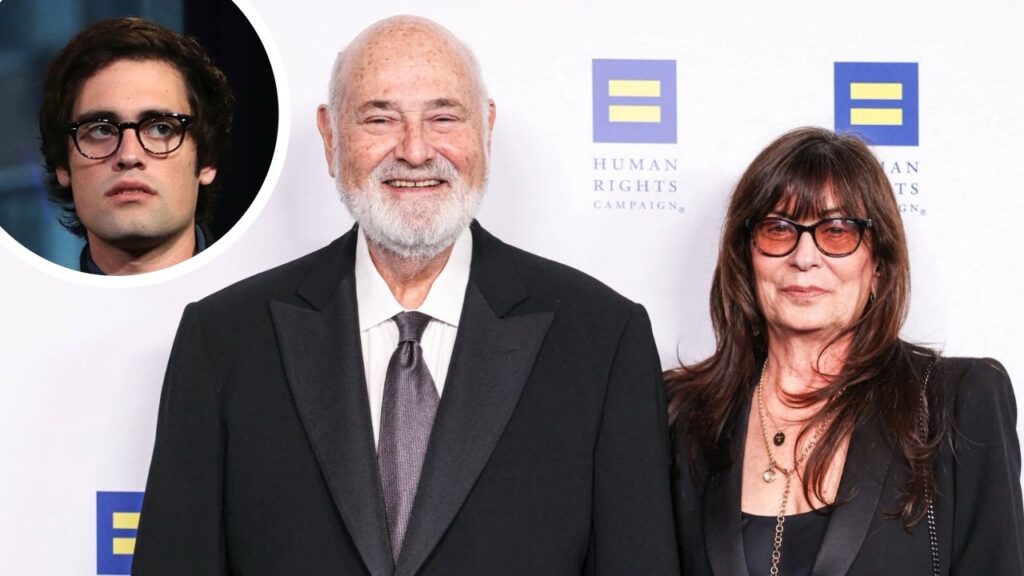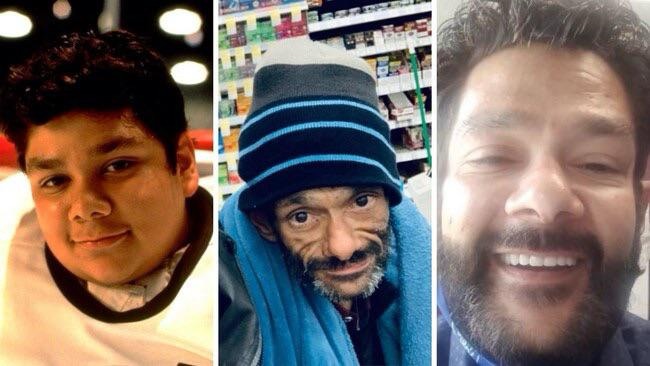Key Court Decisions Await on Purdue Pharma Settlement
Attorneys for Purdue Pharma, along with various affected parties including states, cities, and individuals suffering from addiction, are advocating for a resolution to the extensive lawsuits connected to the opioid epidemic. With U.S. Bankruptcy Judge Sean Lane presiding, the decision could effectively conclude a lengthy chapter of legal challenges confronting the company, tied to approximately 900,000 opioid-related deaths in the last two decades.
Judge Lane is set to hear closing remarks in a hearing designed to finalize a plan introduced by Purdue Pharma to manage its bankruptcy obligations, which has been in the works since the company filed for protection six years ago. The proposed deal would require the Sackler family, who own Purdue, to contribute up to $7 billion, with specific conditions affecting their future engagements in opioid manufacturing and charitable endeavours.
This time around, the opposition appears less intense as over 54,000 personal injury victims voiced their opinions on the feasibility of the current plan. A strikingly low number protested the deal compared to previous settlements related to the opioid crisis. In fact, out of thousands of voting victims, only 218 rejected the proposal—suggesting an alarming readiness to conclude a painful chapter in their lives.
A consensus has emerged that might obscure the pursuit of deeper accountability, as many victims's representatives call for more aggressive actions against the Sackler family to hold them criminally liable. This comes in light of the U.S. Supreme Court's earlier rejection of a settlement that would have granted them broad legal immunity.
Within the settlement framework, Purdue Pharma will change its operations with a focus on aiding the opioid crisis while compensating harm victims. A substantial $850 million is earmarked for individuals harmed by the opioids they marketed, specifically targeting those who suffered from opioid withdrawal and addiction. Critics argue that the reparations are inadequate given the scale of the suffering involved.
While skeptics include those who question the funding allocation—for instance, a Florida woman expressed concerns that the Sacklers' financial contributions do not sufficiently reflect their perceived moral culpability—the majority of stakeholders seem to favor closure. The outcome of this ruling could set a precedent in the on-going struggle for justice amid the national opioid crisis.























